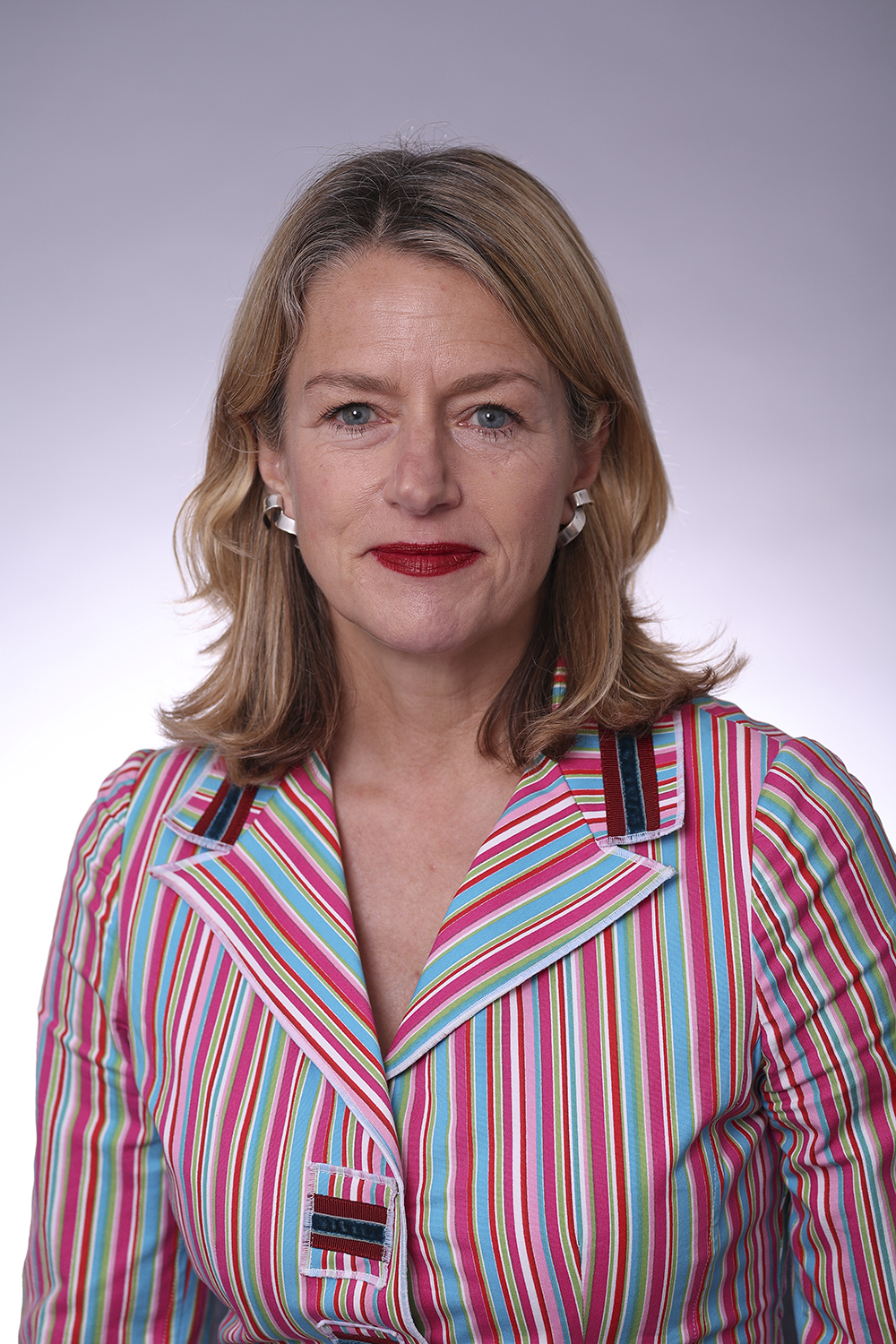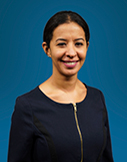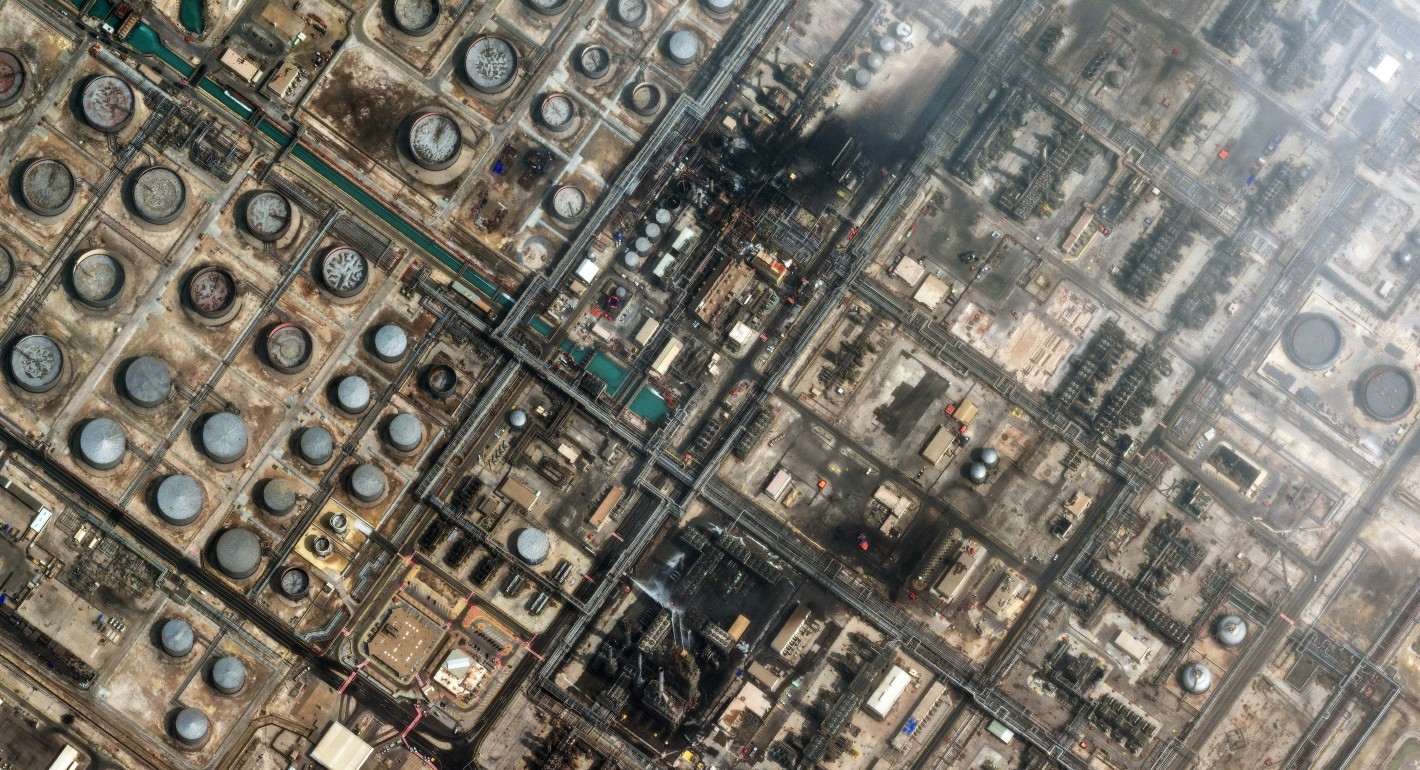- +10
Rosa Balfour, Frances Z. Brown, Yasmine Farouk, …
{
"authors": [
"Moisés Naím"
],
"type": "legacyinthemedia",
"centerAffiliationAll": "",
"centers": [
"Carnegie Endowment for International Peace"
],
"collections": [],
"englishNewsletterAll": "",
"nonEnglishNewsletterAll": "",
"primaryCenter": "Carnegie Endowment for International Peace",
"programAffiliation": "",
"programs": [],
"projects": [],
"regions": [
"North America",
"South America"
],
"topics": [
"Political Reform",
"Economy"
]
}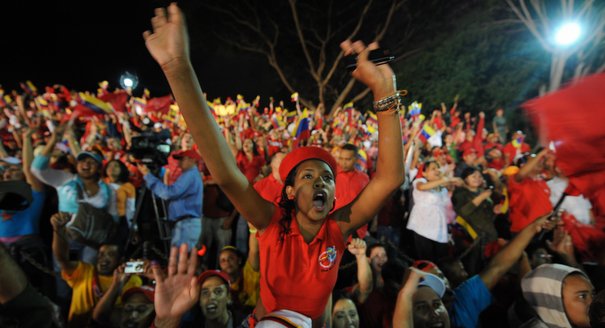
Source: Getty
What Comes After Chavez?
With the passing of Chavez, the country's leaders must find new scapegoats and excuses for why the standard of living and situation in Venezuela has declined.
Source: CNN GPS with Fareed Zakaria
FAREED ZAKARIA, CNN HOST: This is GPS, the Global Public Square. Welcome to all of you in the United States and around the world. I'm Fareed Zachary.
On today's show, we'll tackle drones, the death of Hugo Chavez, the Keystone pipeline and China's new leaders. We'll start with the Keystone pipeline. I'll tell you why I think it should be built. Then, I'll have one of the pipeline's most determined opponents, head of the Sierra Club, tell me why he disagrees.
Next up, Hugo Chavez is dead. Will his successor continue Chavez's anti-American, anti-Western, anti-capitalist ways or is this beginning of a new Venezuela? We have a terrific panel including Moises Naim.
ZAKARIA: The death on Tuesday of Venezuelan President Hugo Chavez was met with tears on the streets of Caracas, but probably with quiet sighs of relief in Washington and other Western capitals.
During his reign over the nation with the world's largest oil reserves, Chavez has been a thorn in their side as he kicked out Western companies and used his nation's oil as a political tool.So how to think of Chavez's reign and what to expect next, joining me now, Moises Naim is the former minister of trade and industry in Venezuela. He's the author of an important new book, "The End of Power."
Rory Carroll is in Caracas. He is the former Caracas bureau chief of The Guardian. His book on Chavez is called, "Comandante." It's just out, very good timing.
And Nikolas Kozloff is a writer and reporter on Latin American affairs.
Rory, from on the ground there, does it seem as though Maduro, the successor, is likely to be Chavez-lite or is it possible that there could be some new opening and a change of ways?
RORY CARROLL, FORMER CARACAS BUREAU CHIEF, THE GUARDIAN: I think Chavez-lite is not a bad way of putting it and certainly we've seen already a futuristic streak from him this week towards the United States and accusing enemies of Chavez of assassinating him through some form biological warfare.
And that's obviously a sign that he intends to continue a high degree of rhetorical heat against the United States. But I think he's also going to win the election. He certainly is the favorite.
And I think that -- unlike Hugo Chavez who really used his charisma to glue his movement together, I think Nicolas Maduro is a very different character. He doesn't have that charisma and he's more a power broker. And he will be using -- trying to use his ability to negotiate the different factions of Chavismo to keep the revolutionary show on the road.
ZAKARIA: You think these guys are popular, right, Chavez and his movement, his followers?
NIKOLAS KOZLOFF, WRITER, REPORTER: Yes, undeniably. I think what I'd like to see though more from Maduro is a more innovative foreign policy. He was the foreign minister.
And, in my personal view, he pursued a kind of retrograde foreign policy aligned to Bashar al-Assad and Gadhafi and I think that really discredited the left.
I think what I'd like to see is much more innovative domestic and foreign policy ...
ZAKARIA: Are you likely to see that?
KOZLOFF: In the event that Maduro is the next president. I mean, if anything, I think Chavez did not go far enough and, for example, that the economic cooperatives, for example, that he established.
Very few people are aware that Venezuela has the most thriving and flourishing system of economic cooperatives in the world. And I think, particularly now, in light of all the financial difficulties worldwide, in Western Europe and the like, workers and others are looking for alternatives.
But I think, on principle, it's worth looking into these innovative solutions, particularly in light of the world financial crisis.
ZAKARIA: But, Moises, aren't these innovative solutions that Chavez had essentially all bank-rolled by high oil prices and without the oil none of this would be possible?
MOISES NAIM, FORMER VENEZUELAN MINISTER OF TRADE AND INDUSTRY: Yes, the wonderful cooperative movement that Nicolas refers to will be completely bankrupt without the oil money and will eventually disappear. None of those cooperatives is sustainable. And the story here is not about cooperatives.
The story here is about an economy in shambles. During the 14 years of Chavez in power, Venezuela had the lowest growth among the largest economies in Latin America despite the fact that oil was -- oil prices were at an all time high, despite the fact that he multiplied the national debt by ten, despite the fact that he had all sorts of opportunities to do whatever he wanted.
His checks and balances accountability was all limited. He had controls over the oil industry, the central bank, the (inaudible), the national assembly, the judiciary. So he had a lot of money and a lot of power and what we can see now is an economy in shambles that will require very unpopular decisions.
ZAKARIA: Rory, why is it though that Chavez was undeniably popular? Why didn't people blame him for this economic mismanagement?
CARROLL: Because he's a political genius. The man was extraordinary and I really don't think we'll see his like again. He -- to his -- this mystical connection he had with Venezuelans and his extraordinary ability with television to use the medium.
He created a Teflon-coated presidency. And it didn't matter that crime rates exploded. It didn't matter to him politically that Caracas has worse murder rates than Baghdad because he wasn't blamed for it.
And he was able to detach himself from the economic fiasco that we see. And, for example, many of his innovative ideas, for example, these cooperatives simply didn't work.
And, clearly, they were great, but the mismanagement and the lack of accountability and bureaucratic incompetence was so extreme that, unfortunately, most of them, I think about 90 percent, have gone bust.
And, yet, he amazingly is able to avoid blame for that. And I think historians will study him for decades to figure out just how he did that.
ZAKARIA: What we're wondering is is there going to be a different foreign policy. Doesn't he need to start making nice to some of major players in the world?
NAIM: I would like to specify that Venezuela, in the next month and perhaps years, is going to be a different Venezuela after that.
In the next months and perhaps years, they would need to find international external scapegoats and scapegoats at home. Someone will have to explain to the people that are now adoring President Chavez why the situation, their standard of living, has declined so dramatically.
Someone will have to explain why, without Chavez, life is not as good as it used to be. And, therefore, the government, whoever is in government, Maduro, Capriles, whoever is there, will have to explain that well, you know, we have enemies at home and abroad that are creating all these kinds of situations that are hurting you.
It's not the government. It's the foreigners, the United States that tried to kill the president or killed the president, according to Maduro and the internal enemies, our traditional enemies that are trying to destabilize the revolution.
ZAKARIA: Rory, one of things people notice in countries where the government has been fermenting anti-Americanism is that the people sort of resent this forced anti-Americanism and the people tend to be quite sympathetic or interested, attracted to America.
What's the mood on the street because, as you say, Chavez is genuinely popular there?
CARROLL: Yes, he is and I think most Venezuelans are very sympathetic to America in general in terms that they like cheap gasoline prices. They traditionally like American cars. They like shopping malls.
This has always traditionally been one of the most Americanized societies in South America and something I tried to capture in my book that this was never a Cuban scenario.
ZAKARIA: Rory Carroll, Moises Naim, Nikolas Kozloff, thank you. Moises, great new book out, Rory great new book out. You must buy them.
About the Author
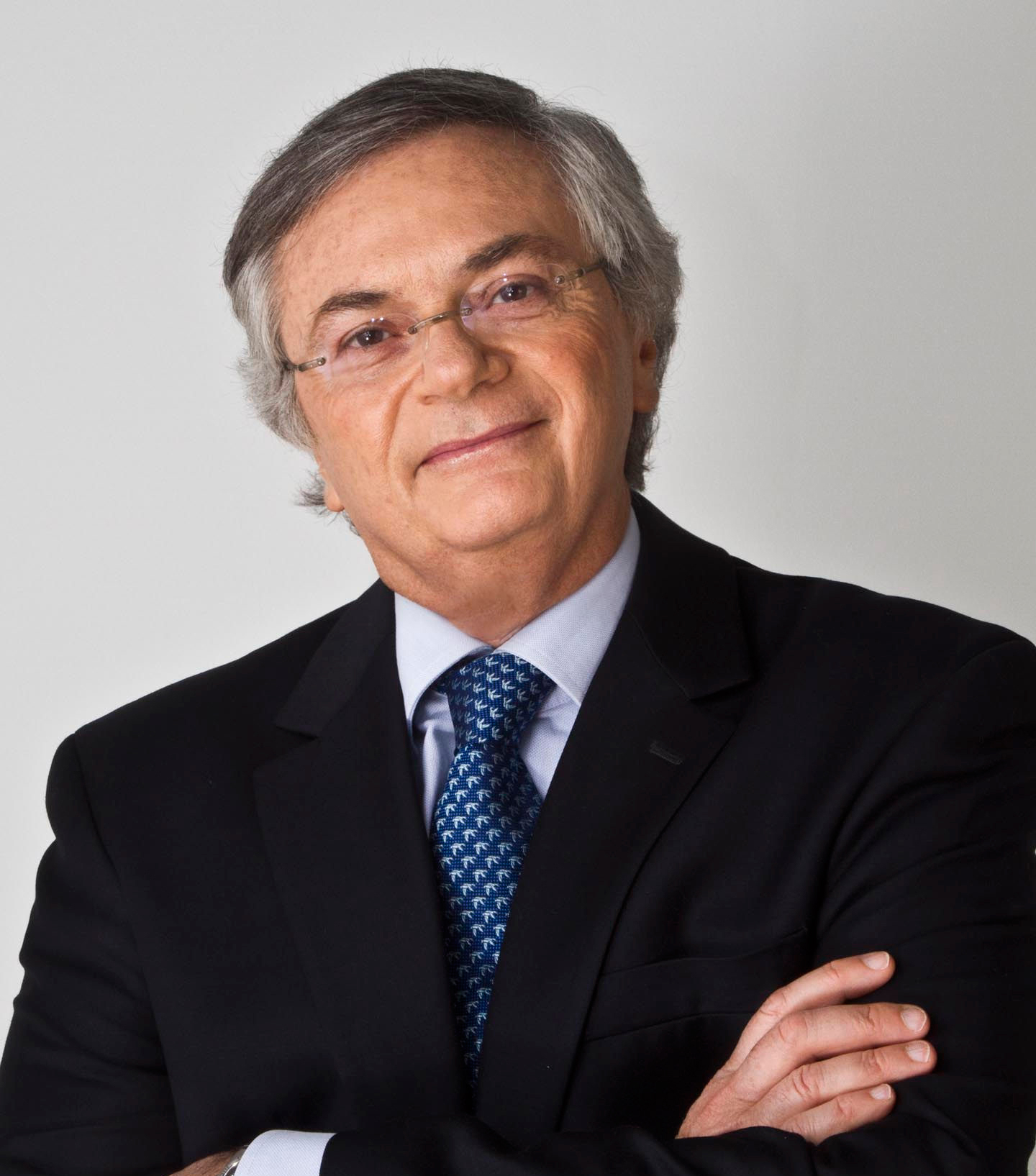
Distinguished Fellow
Moisés Naím is a distinguished fellow at the Carnegie Endowment for International Peace, a best-selling author, and an internationally syndicated columnist.
- The World Reacts to Biden’s First 100 DaysResearch
- View From Latin AmericaCommentary
Moisés Naím
Recent Work
Carnegie does not take institutional positions on public policy issues; the views represented herein are those of the author(s) and do not necessarily reflect the views of Carnegie, its staff, or its trustees.
More Work from Carnegie Endowment for International Peace
- Iran Is Pushing Its Neighbors Toward the United StatesCommentary
Tehran’s attacks are reshaping the security situation in the Middle East—and forcing the region’s clock to tick backward once again.
Amr Hamzawy
- The Gulf Monarchies Are Caught Between Iran’s Desperation and the U.S.’s RecklessnessCommentary
Only collective security can protect fragile economic models.
Andrew Leber
- Duqm at the Crossroads: Oman’s Strategic Port and Its Role in Vision 2040Commentary
In a volatile Middle East, the Omani port of Duqm offers stability, neutrality, and opportunity. Could this hidden port become the ultimate safe harbor for global trade?
Giorgio Cafiero, Samuel Ramani
- Beijing Doesn’t Think Like Washington—and the Iran Conflict Shows WhyCommentary
Arguing that Chinese policy is hung on alliances—with imputations of obligation—misses the point.
Evan A. Feigenbaum
- The Kremlin Is Destroying Its Own System of Coerced VotingCommentary
The use of technology to mobilize Russians to vote—a system tied to the relative material well-being of the electorate, its high dependence on the state, and a far-reaching system of digital control—is breaking down.
Andrey Pertsev
